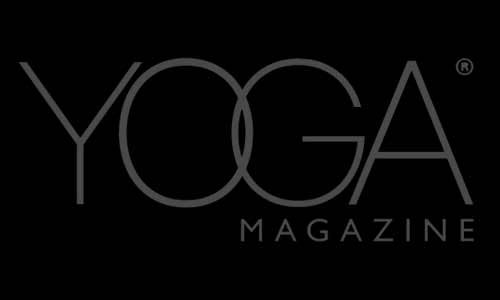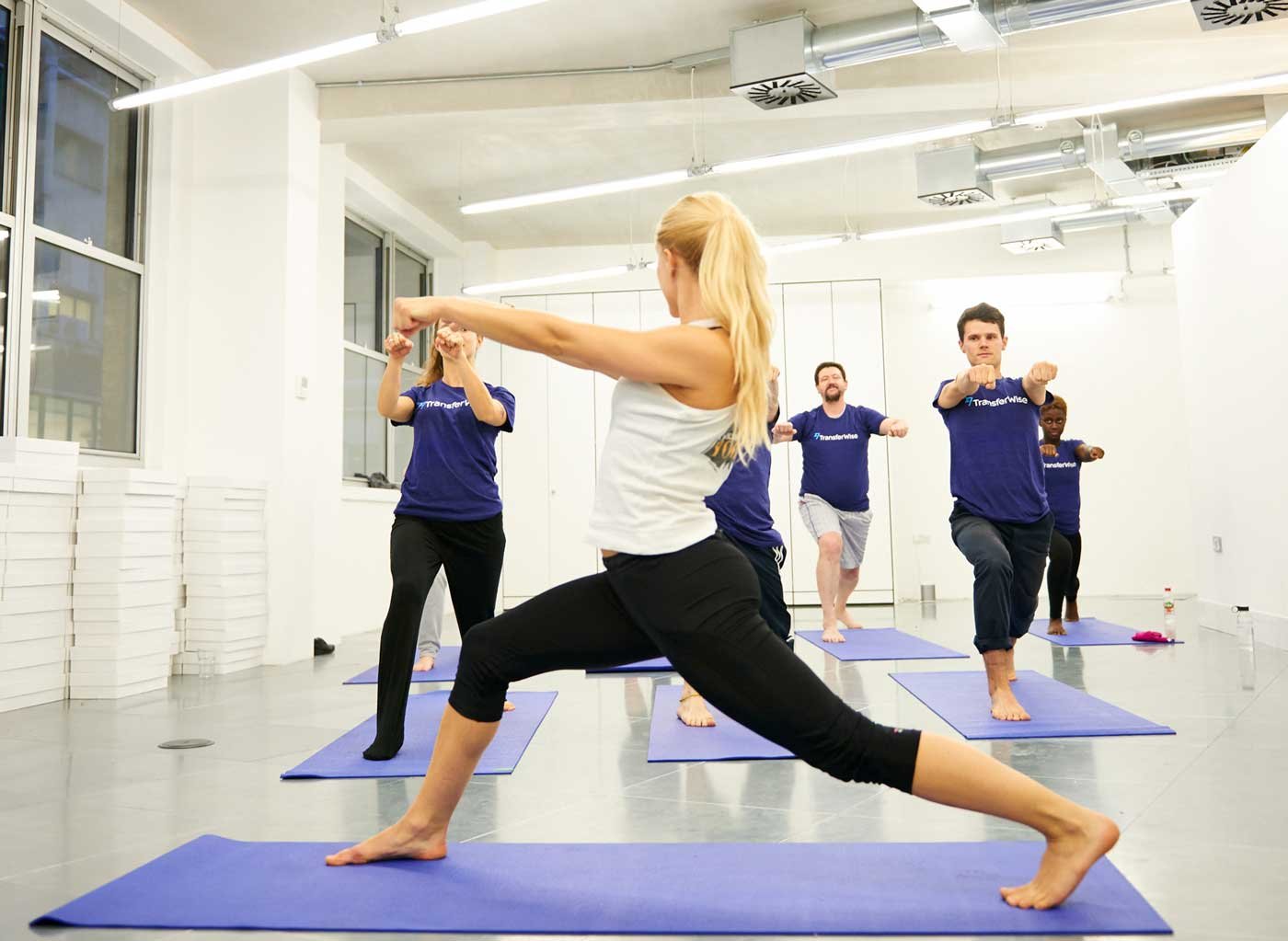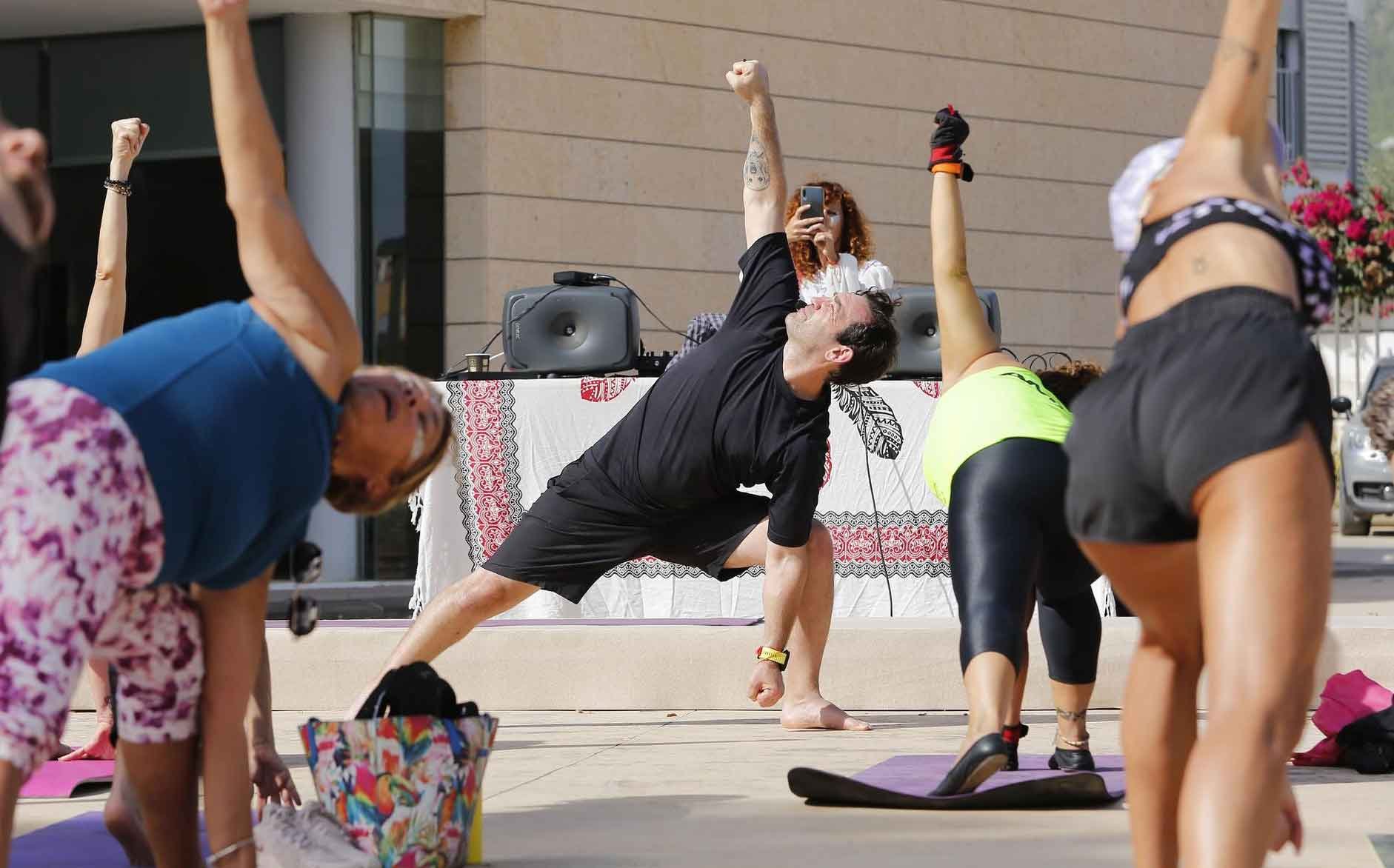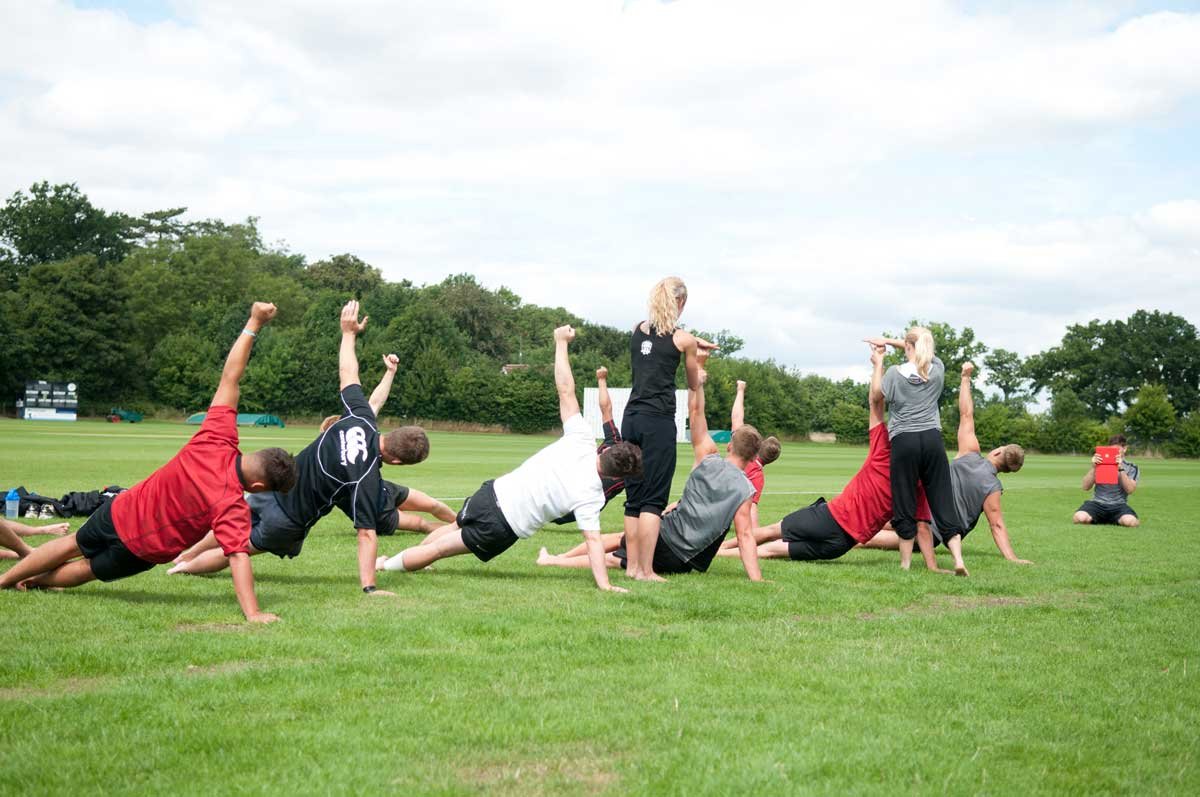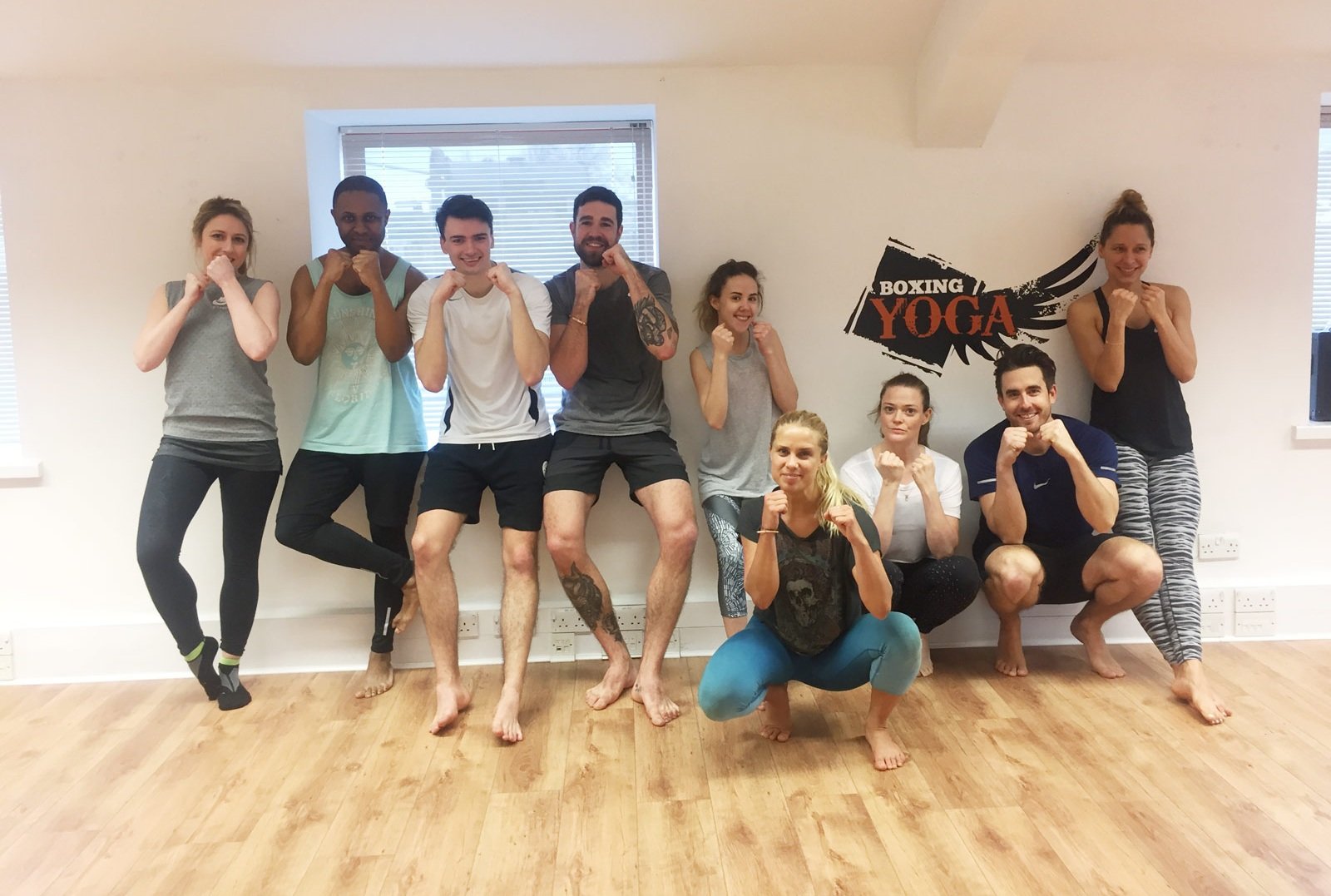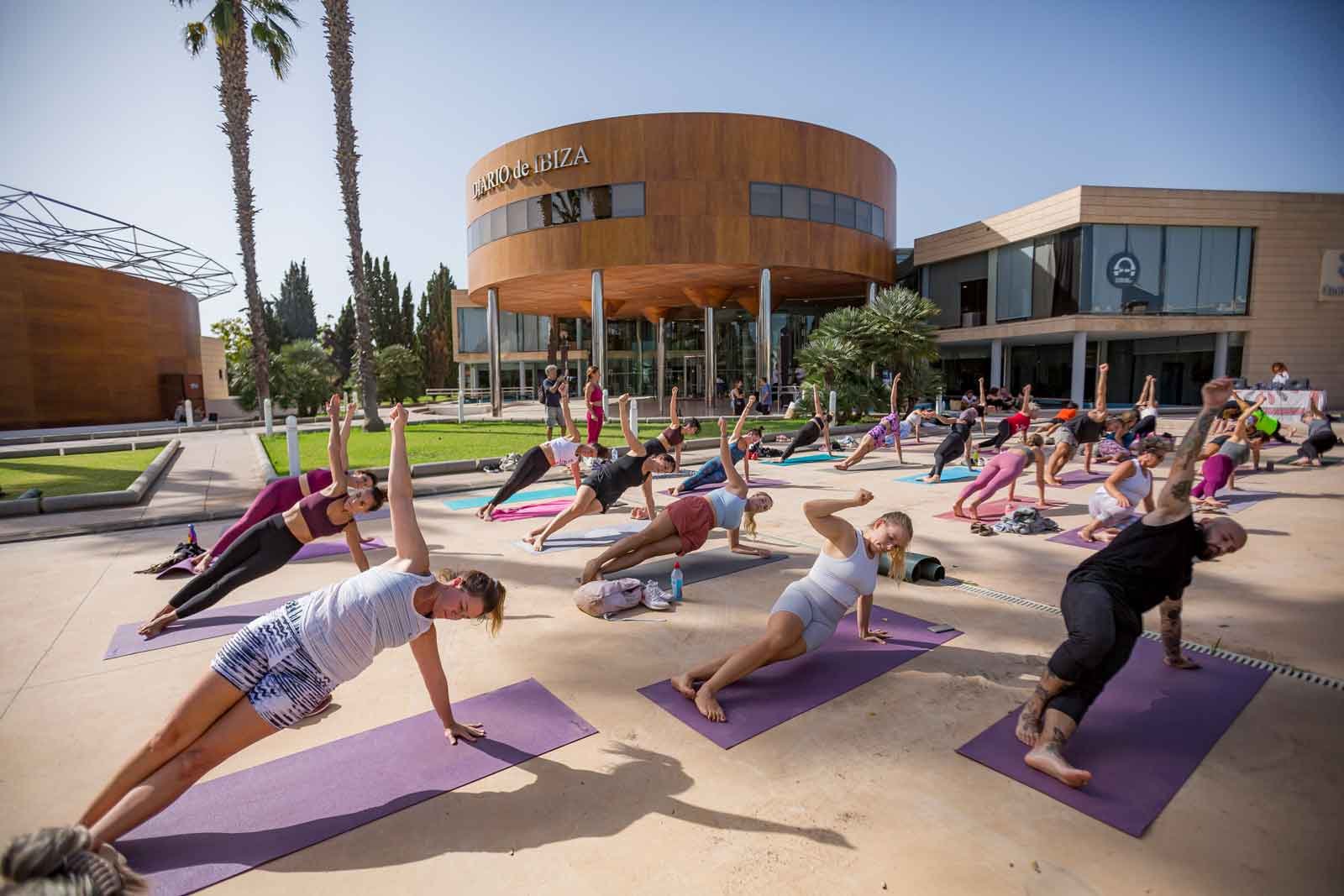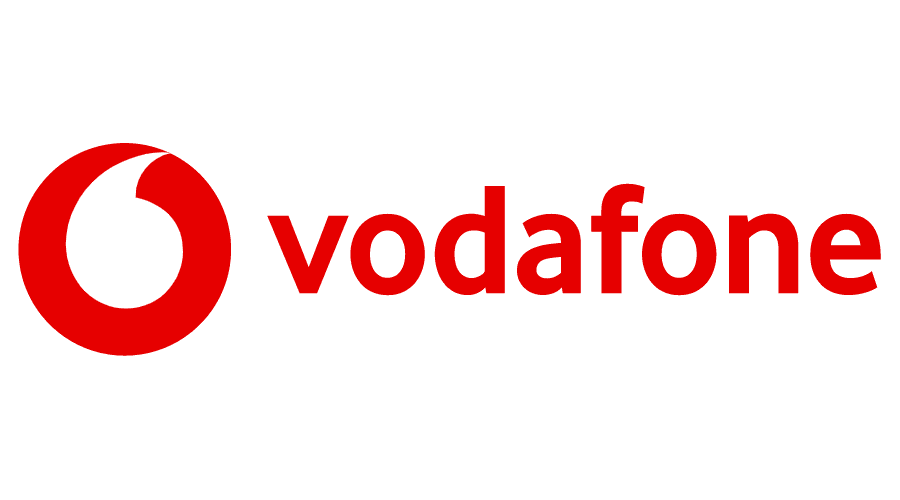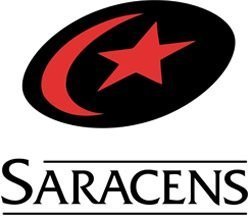
Elevating Mental Health
Elevating Mental Health
Essential Events and Activities for HR in Promoting Mental Health Awareness in the Workplace
In today's fast-paced and demanding work environments, promoting mental health awareness is essential for creating a supportive and thriving workplace culture. As HR managers, it's crucial to prioritise mental health initiatives and provide employees with the resources and support they need to maintain well-being.
In this article, we'll explore key events and activities that HR managers can organise to promote mental health awareness in the workplace and foster a culture of understanding, empathy, and support.
Mental Health Workshops and Seminars: Organising mental health workshops and seminars is an effective way to educate employees about various aspects of mental health and well-being. Topics can range from stress management and resilience-building techniques to mindfulness practices and self-care strategies. Invite mental health professionals, counselors, or wellness experts to lead these sessions and provide valuable insights, tools, and resources to employees.
Mental Health Awareness Campaigns: Launch mental health awareness campaigns to raise awareness and reduce stigma surrounding mental health issues in the workplace. These campaigns can include educational materials, posters, email newsletters, and social media posts highlighting the importance of mental health, common signs and symptoms of mental illness, and available support resources. Encourage open dialogue and promote a culture of acceptance and understanding.
Employee Assistance Program (EAP) Awareness Sessions: Many organisations offer Employee Assistance Programs (EAPs) to provide employees with confidential counselling and support services for personal and work-related issues, including mental health concerns. Host EAP awareness sessions to educate employees about the services available through the program, how to access them, and the benefits of seeking help when needed. Ensure confidentiality and emphasise the non-judgmental nature of EAP services.
Mental Health Screening Days: Organise mental health screening days where employees can voluntarily participate in confidential mental health screenings to assess their well-being and identify potential concerns. Partner with mental health organisations or healthcare providers to conduct these screenings and provide employees with personalised feedback and recommendations based on their results. Encourage early intervention and proactive self-care.
Wellness Fairs and Expos: Incorporate mental health into wellness fairs and expos by including booths, presentations, and resources focused on mental health awareness and support. Invite mental health organizations, therapists, support groups, and wellness vendors to participate and share information about mental health services, resources, and self-care practices. Provide opportunities for employees to ask questions and seek guidance in a supportive environment.
Lunch and Learn Sessions on Mental Health Topics: Host regular lunch and learn sessions on various mental health topics to provide employees with ongoing education and support. These sessions can cover topics such as stress management, anxiety reduction techniques, coping strategies for depression, and building resilience. Encourage open discussion and create a safe space for employees to share their experiences and ask questions.
Mindfulness and Meditation Sessions: Introduce mindfulness and meditation sessions as part of your workplace wellness program to help employees reduce stress, improve focus, and enhance overall well-being. Offer guided meditation sessions, mindfulness exercises, or relaxation techniques during lunch breaks or after work hours. Provide resources such as meditation apps or audio recordings for employees to practice mindfulness independently.
Mental Health First Aid Training: Offer Mental Health First Aid training programs to equip employees with the knowledge and skills to recognise signs of mental health issues, provide initial support, and connect individuals to appropriate resources. Trainings typically cover topics such as understanding mental health disorders, providing crisis intervention, and promoting self-care and resilience. Certified trainers or mental health professionals can facilitate these trainings.
Peer Support Networks and Employee Resource Groups: Encourage the formation of peer support networks and employee resource groups focused on mental health and well-being. These groups provide a platform for employees to connect, share experiences, and offer mutual support. HR can facilitate the formation of these groups and provide resources and guidance as needed. Encourage inclusivity and confidentiality to create a safe and supportive environment.
Recognition and Appreciation for Mental Health Advocates: Acknowledge and appreciate employees who champion mental health awareness and advocacy in the workplace. Recognise individuals or teams that contribute to promoting mental health initiatives, organising events, or supporting colleagues in need. Publicly acknowledge their efforts through awards, appreciation ceremonies, or social media recognition to reinforce the importance of mental health advocacy.
Promoting mental health awareness in the workplace is essential for creating a supportive, inclusive, and thriving work environment. By organising key events and activities focused on mental health education, support, and advocacy, HR managers can foster a culture of well-being where employees feel valued, supported, and empowered to prioritise their mental health.
DISCOVER why Corporate BOX™ is the Mood boosting program of choice for the likes of Vodafone, Converse and Chelsea FC, click here.
As Featured In
CorporateBox™ Enjoyed By














